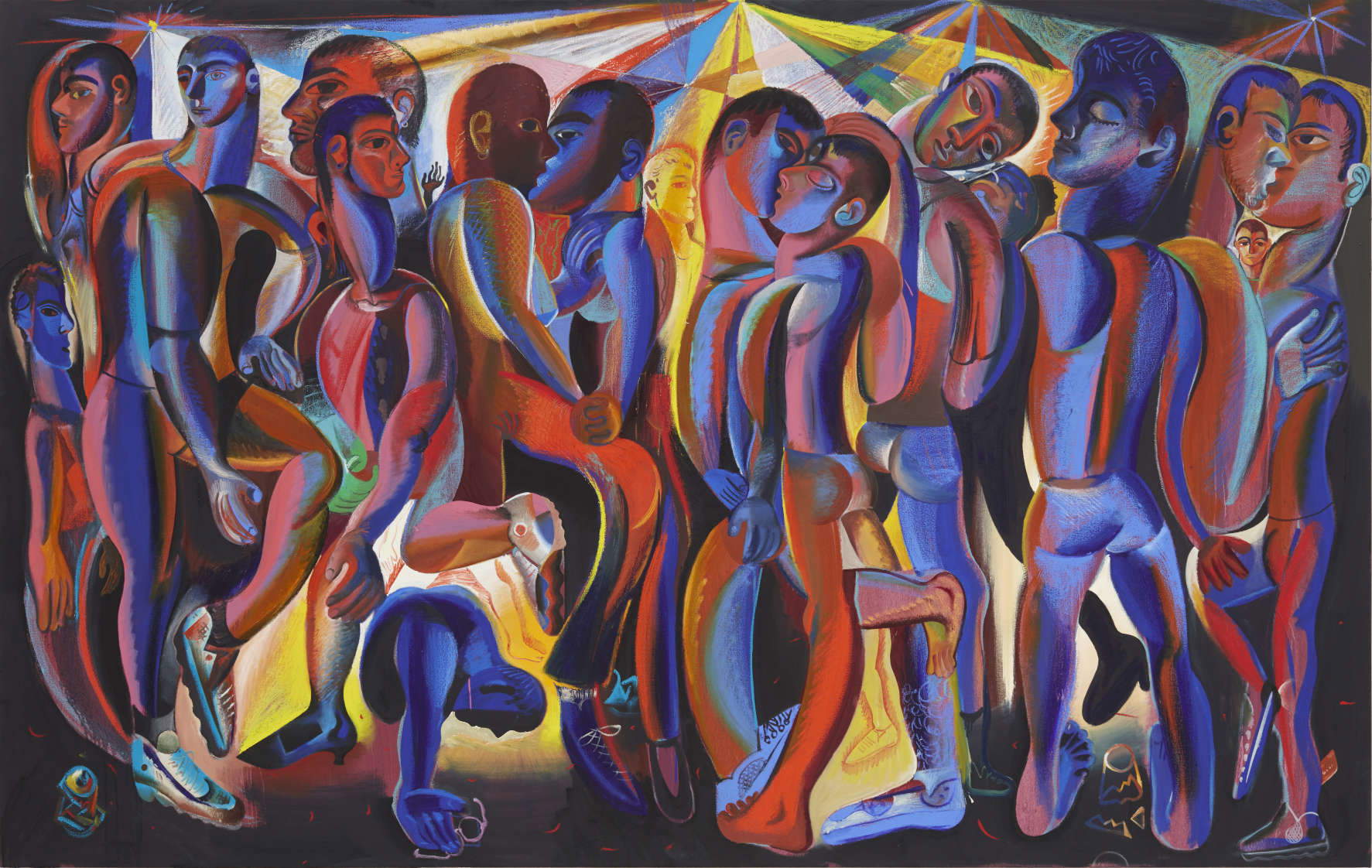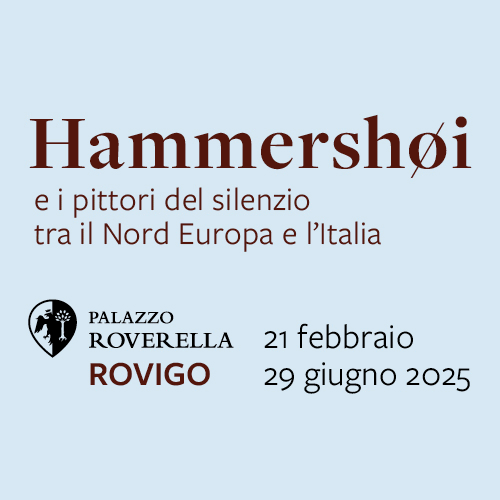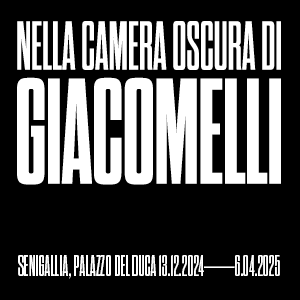Can the Venice Biennale claim to have decolonialist intentions?
Biennial out of control. Curators have to choose from a given menu, and if that menu is mediocre, the Biennale will be no different. Contemporary art has gone through two crises (2001 and 2009) that have caused it to lose its ability to read the present, provoke and change paradigms. With September 11, 2001, our knowledge clicked, and went to the next level whereby anything that climbed the pedestal of representation, could no longer provoke and compete with an ever more forward and complex reality.
With the advent of social networks each of us became like a television network capable of producing and consuming content. This, in addition to creating a strong superficiality of fruition, has resulted in an overproduction of content so that the artist “in the time of Instagram” tends to suffocate and blend in. Here, in order to emerge, one must make use of “public relations doping” and the reworking of past codes that seem to give the work “safe values.” Thus we have been seeing for years dozens of artists forced to dig in cemeteries to find some safe values. But in reality, this reworking of the past, which we also saw at the last Arte Fiera 2024, risks hiding a great emptiness of content or a strong homologation. The reworking (from unsuspected times) of the antiques market that Flavio Favelli does; Tosatti’s Italia 2022 pavilion with Gino Paoli piped in; Chiara Camoni’s shrouds and archaeological primitivism (now even awarded a solo show at Hangar Bicocca), Francesco Arena’s didactic reworking of arte povera, but also Jacopo Benassi’s accumulation of frames that seem to come from his punk grandmother’s vintage attic. And here again is Luis Fratino whose work is carried, in the press kits of the upcoming Venice Biennale, as a flag, but which in reality hides a crisis now assimilated to an irreversible coma for contemporary art. In reality, all these artists are shades of a single “weak artist” who seems to hide, behind the easy reworking of the past, a great void of ideas.

The vitality/creativity of the 1990s and the 2000s, has come out of museums, living outside them but without rules and having to submit to the laws of performance (turnover, budget, etc.), and thus limiting the possibilities we can have inside museums. It is not true that everything has been done. There would be creative and expressive highways where citation could become the bridge to go elsewhere, to face and read our present. Certainly through “representation” but also through forms of resistance that would be oxygen for civil society.
The temporal overlap of the Venice Biennale and the Furniture Fair is a Freudian slip. Are they perhaps the same thing? Can the Biennale, a Western tourism super product, claim to have decolonialist intentions? Perhaps to hastily wipe their consciences and guilt? Exactly how feminism means not only inviting female artists and attitudes from fifty years ago; or how “gender fluid” which is no longer a value but a resume line, still in the absence of interesting ideas and content. Just look at the recent winner, or winner we should say, of the Turner Prize in England: Jesse Darling. His artwork is overshadowed and predictable compared to his biography and his desire to become a man. Unfortunately, even internationally there is a completely inadequate educational and academic system that has failed to adapt to the developments we have experienced in the world in the last two decades.
It is natural that in this homologation and mediocrity of content, friendships and public relations prevail, or the possibility of hastily sticking the labels of decolonism, feminism and “gender fluid” to works. As if instead of turning to a good doctor first we start asking whether this doctor is “feminist” (but then do we really know feminism?), what he thinks about decolonialism, and whether he has experienced issues related to gender fluidity. Absurd.
Warning: the translation into English of the original Italian article was created using automatic tools. We undertake to review all articles, but we do not guarantee the total absence of inaccuracies in the translation due to the program. You can find the original by clicking on the ITA button. If you find any mistake,please contact us.
































